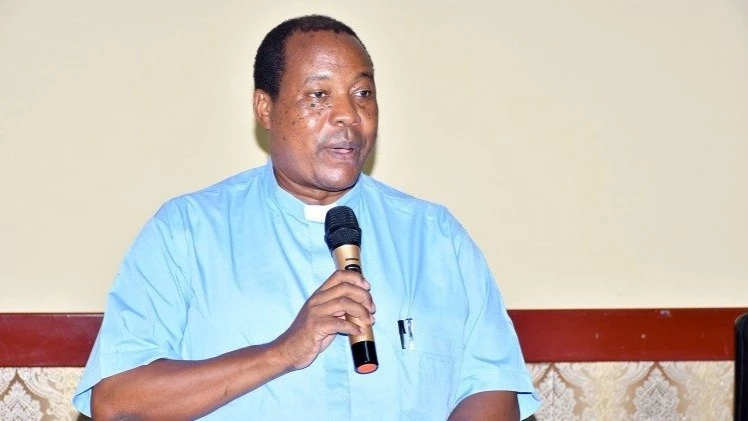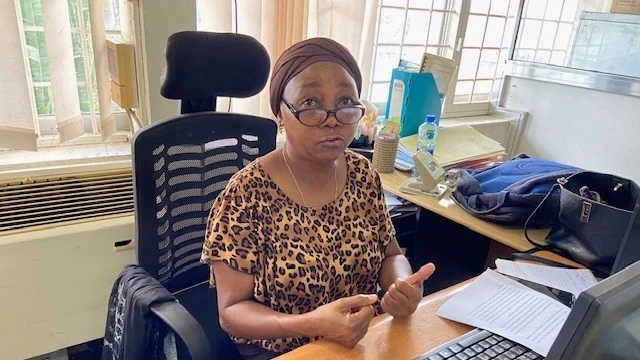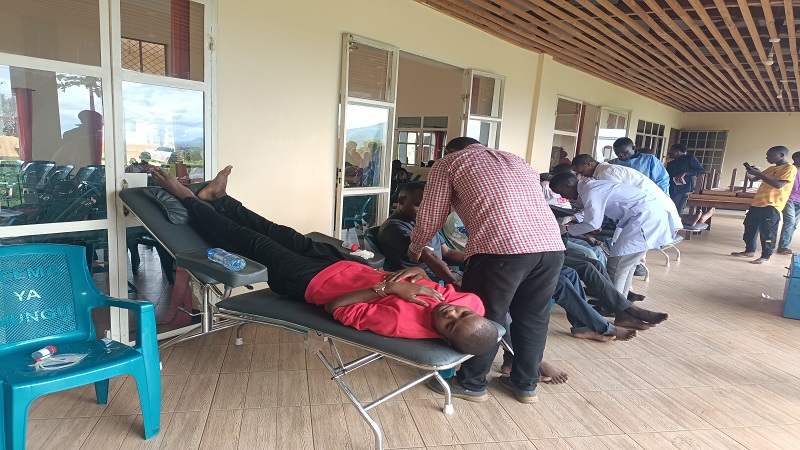Criminal justice system reforms, vulnerable groups in ministry’s focus

EXPANDING legal aid for vulnerable groups, reforming the criminal justice system, enhancing dispute resolution and raising public awareness on the constitution are key areas of work for the Constitutional and Legal Affairs ministry in the coming financial year.
Dr Damas Ndumbaro, the minister, made this observation when presenting the ministry’s estimates, asking for approval of 687.69bn/-, where 22 specific work areas were listed for fiscal 2025/26.
The ministry will also promote the national language in court proceedings and seek to elevate the country’s human rights framework with international standards, he said.
Further priorities include better contract oversight in natural resources, legal drafting changes, investments in ICT systems and boosting ethics in the judiciary, he said.
The presidential legal aid campaign will be maintained, along with civic training in 100 local authorities, aside from public outreach on the national criminal justice policy framework, he stated.
Legal research will be conducted to address regulatory issues on independent lawyers, carbon credit trade as well as AI regulation, administrative appeals and laws governing national wealth, he stated.
Reviews are also planned for vehicle insurance law, the Occupational Health and Safety Act and the Anti-Terrorism Act., he said, pointing at a new electronic case management system to be launched to increase transparency.
The government will build new offices for the Solicitor General in administrative regions with High Court registries while expanding prosecution facilities, he said.
The minister hinted at a draft of the Second National Human Rights Action Plan (2025/26–2028/29), which focuses on the rights of women, children, persons with disabilities and the elderly, expected to be launched by this year’s end.
The Law Reform Commission is reviewing laws on gambling and tobacco—including shisha—due to rising addiction and health risks among the youth. A discussion paper on tobacco laws has been prepared and consultations are underway, he stated.
The commission is also analyzing legal gaps in banking and finance to propose affordable dispute resolution options, with recommendations expected in the course of the financial year.
A total of 2,574 contracts and legal disputes were reviewed by the Solicitor General’s Office from July 2024 to April 2025, helping the government avoid losses of over 67.9bn/- and $63.3m, he said, citing especially 659 contracts valued at 16.82trn/-.
It also handled 9,013 civil cases, winning 750 (77.6pc), saving 51.02bn/-, managing 209 arbitration cases and winning 16 (76.2pc), implying a saving of 16.9bn/- and $63.34m, he stated.
In the 2024 local government elections, the office won 56 of 57 concluded cases, while the Registration Insolvency and Trusteeship Agency (RITA) issued 675 divorce certificates, which he exclaimed surpassed its target by 16 percent.
He appealed to families to resolve disputes through dialogue as divorce can harm children’s wellbeing.
Separately, the Budget Committee stated that there is a nationwide shortage of nearly 3,000 primary courts, linking rising case backlogs to a lack of Appeal Court panels, noting that 960 primary courts serve 3,956 wards.
Zaytun Swai (Special Seats), a committee member, said none of the four courts planned for 2024/25 had been completed by April 22 due to funding delays. Timely disbursement of funds and more Appeal Court panels are needed to reduce caseloads, she added.
Top Headlines
© 2025 IPPMEDIA.COM. ALL RIGHTS RESERVED






















